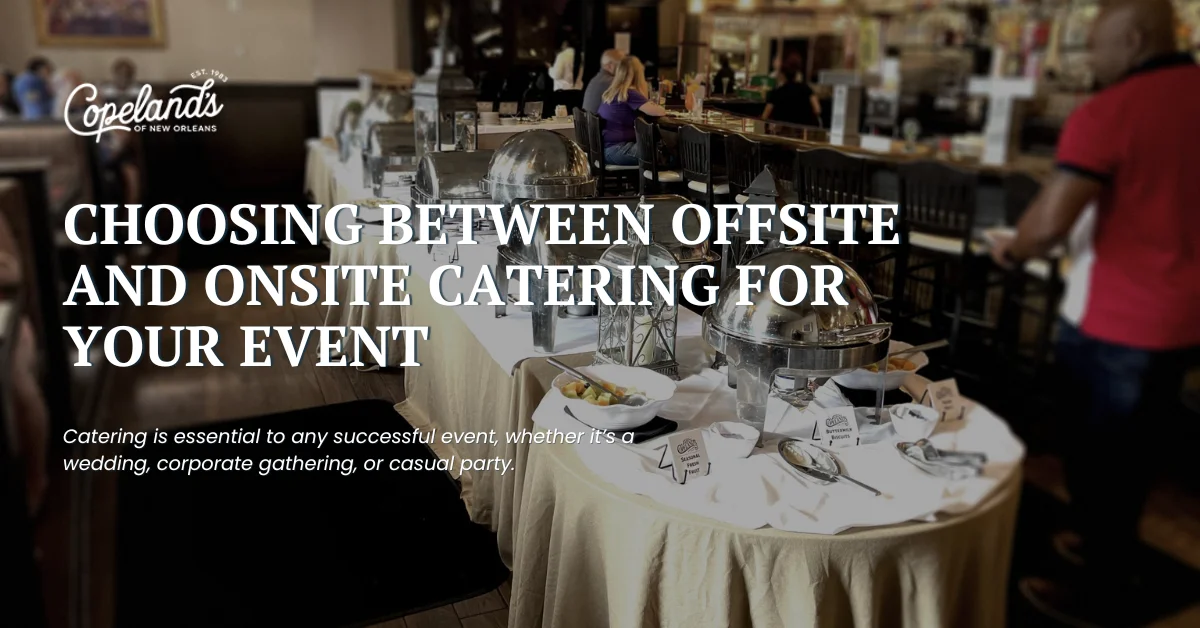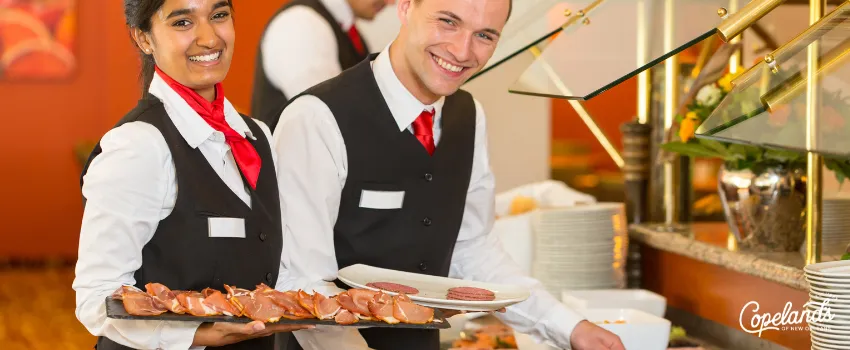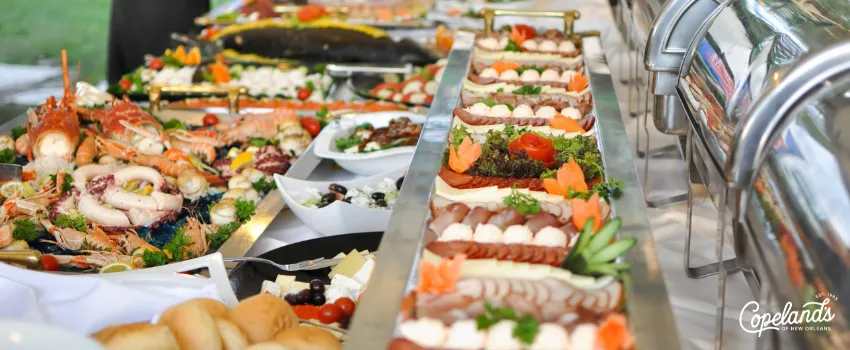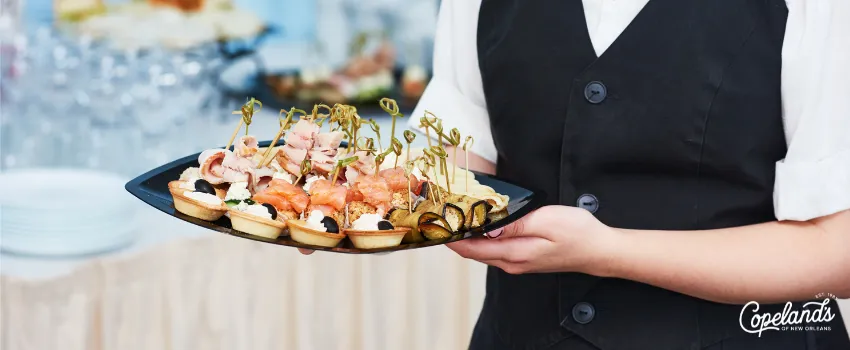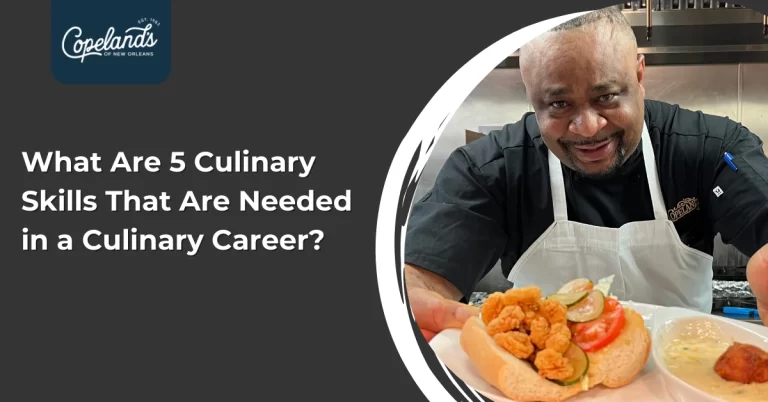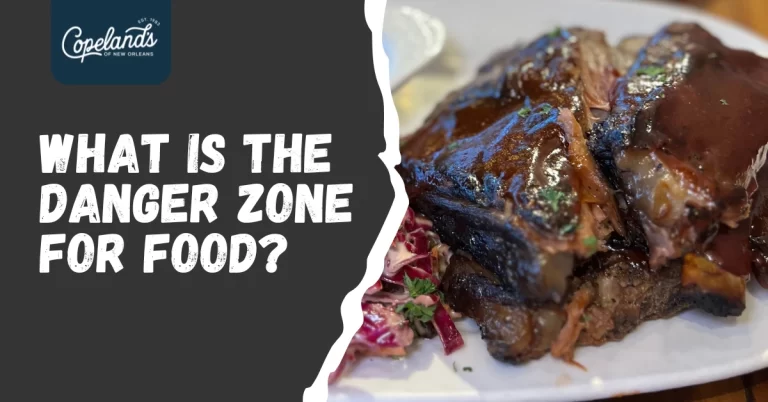Catering is essential to any successful event, whether it’s a wedding, corporate gathering, or casual party. The choice between offsite and onsite catering can significantly influence the overall experience, setting the tone and leaving a lasting impression on guests. It’s not just about the food; it’s about the ambiance, service, and the seamless integration of culinary delights with the theme and needs of the event.
Onsite and offsite catering each has unique attributes, advantages, and potential drawbacks. The decision between these two options requires careful consideration of various factors, such as the budget, venue limitations, menu preferences, and the event itself. This guide explores these two catering approaches to help you make the best decision for your event.
What Is Onsite Catering?
Onsite catering is a service in which food and beverages are prepared at the event’s location. It requires chefs, staff, and kitchen equipment to be brought to the event for preparations.
The caterer is typically responsible for setting up their kitchen area and any additional furniture or decorations needed. They may also provide servers or bartenders to serve guests during the event. This type of catering typically results in fresher food since it can be prepared on the spot without transportation.
What Is Offsite Catering?
Offering food and beverages through an outside source can provide a convenient and cost-effective solution for any event. Offsite catering involves using professional caterers to provide food and beverage services held away from the caterer’s kitchen or catering facilities.
It is typically used when hosting significant events in venues that do not have onsite kitchens. The main advantage of offsite catering is that it takes the burden of cooking, setting up, and cleaning up away from venue staff or hosts.
What Is the Difference Between Onsite and Offsite Catering?
When determining the best catering option for your event, here are five key factors to consider:
1. Cost Factors
Cost is a major factor when deciding between onsite and offsite catering for an event. Onsite catering usually involves the cost of venue rental and may require additional charges for setup, staffing, or decorations.
On the other hand, offsite catering can include delivery fees, renting equipment, or service staff fees. However, depending on the type of event and number of guests, offsite catering may be more economical than having food prepared in-house at a venue.
Offsite catering can also provide an affordable solution if an event requires specific ingredients that would be expensive to prepare in-house. Additionally, venues with existing kitchens may have limitations on what food they can serve. So, they can benefit from an outside caterer’s expertise to provide a full range of menu options.
2. Food Quality and Preparation
The food quality and preparation can drastically impact an event’s success. For offsite catering, several factors will affect the quality and preparation of the food.
First, one must consider the distance between where the food is being prepared and where it will be served. This will determine how long it takes for the food to reach its destination, which could result in cold or soggy dishes if not appropriately handled. Furthermore, special dietary requirements must be considered when ordering from outside caterers; some may be unable to accommodate all requests.
For onsite catering, chefs typically have more control over how their food is prepared and cooked. This means they can create dishes with fresher ingredients and potentially higher-quality results than offsite caterers who may use pre-prepared or frozen ingredients.
3. Customization and Creativity Options
Besides food quality and preparation, another essential factor is the customization options and creative possibilities that can be incorporated into the event menu.
Offsite catering typically offers less flexibility in customizing menus than onsite catering, which provides more control over how dishes are prepared and presented. Onsite caterers often create customized menus based on the client’s preferences, while offsite caterers may only offer a selection of pre-determined meal packages.
Moreover, creative presentation ideas, such as food stations or buffets, may not be available through an offsite service. Consequently, onsite catering may provide more individualized expression and creativity opportunities in designing a menu tailored to personal tastes.
4. Logistical Considerations
Logistical aspects like timing and staff availability may differ between offsite and onsite catering services. Therefore, thinking about these details in advance when deciding is best.
Offsite catering often requires more lead time for preparation and delivery, while onsite catering may need additional staff for set up or clean up. Additionally, transportation can be an issue with offsite catering if the venue is not easily accessible.
Larger venues may require specialized equipment or personnel that an onsite caterer could provide more efficiently than an offsite option. Understanding what type of personnel and resources are needed at each location will help determine the most practical choice for a given event.
5. Venue Compatibility
Compatibility with the venue is a crucial factor when selecting between offsite and onsite catering services. Offsite caterers must ensure they can provide the necessary equipment and supplies for their service and any extra staff required.
Space restrictions, such as the size of the kitchen or available storage areas, may limit onsite caterers. Both caterers must also have access to power outlets and other necessary utilities to complete their service correctly.
How to Choose Between Onsite and Offsite Catering?
Choosing between onsite and offsite catering depends on several factors, including the event type, budget, venue restrictions, menu preferences, logistics, and guest count. Your catering option should consider flexibility, presentation, staffing needs, and cleanup.
While onsite catering offers real-time food preparation, it may be pricier and more suitable for smaller gatherings. Offsite catering, on the other hand, provides a wider range of choices and can be more cost-effective but requires careful planning for transportation and setup. Ultimately, your choice should align with your event’s specific needs and scale.
Key Takeaway
Choosing between offsite and onsite catering isn’t just about logistics — it’s also an opportunity to craft a culinary experience that suits your event’s personality. Offsite catering opens doors to diverse menus and potential cost savings, while onsite catering offers real-time culinary artistry. Your choice should echo the essence of your event, making it an unforgettable culinary journey for your guests.
Discover the perfect event catering with Copeland’s of New Orleans.
Are you planning an event and uncertain whether offsite or onsite catering is the right choice? Explore the benefits of both and find the perfect match with Copeland’s offsite catering. From tailored menus to impeccable service, Copeland’s of New Orleans brings exquisite taste and personalized experience right to your venue. Call us today!

